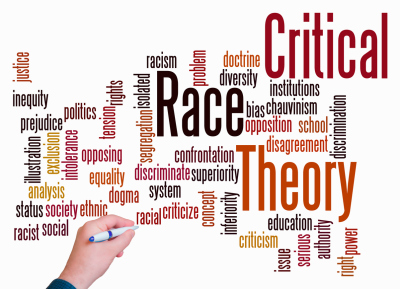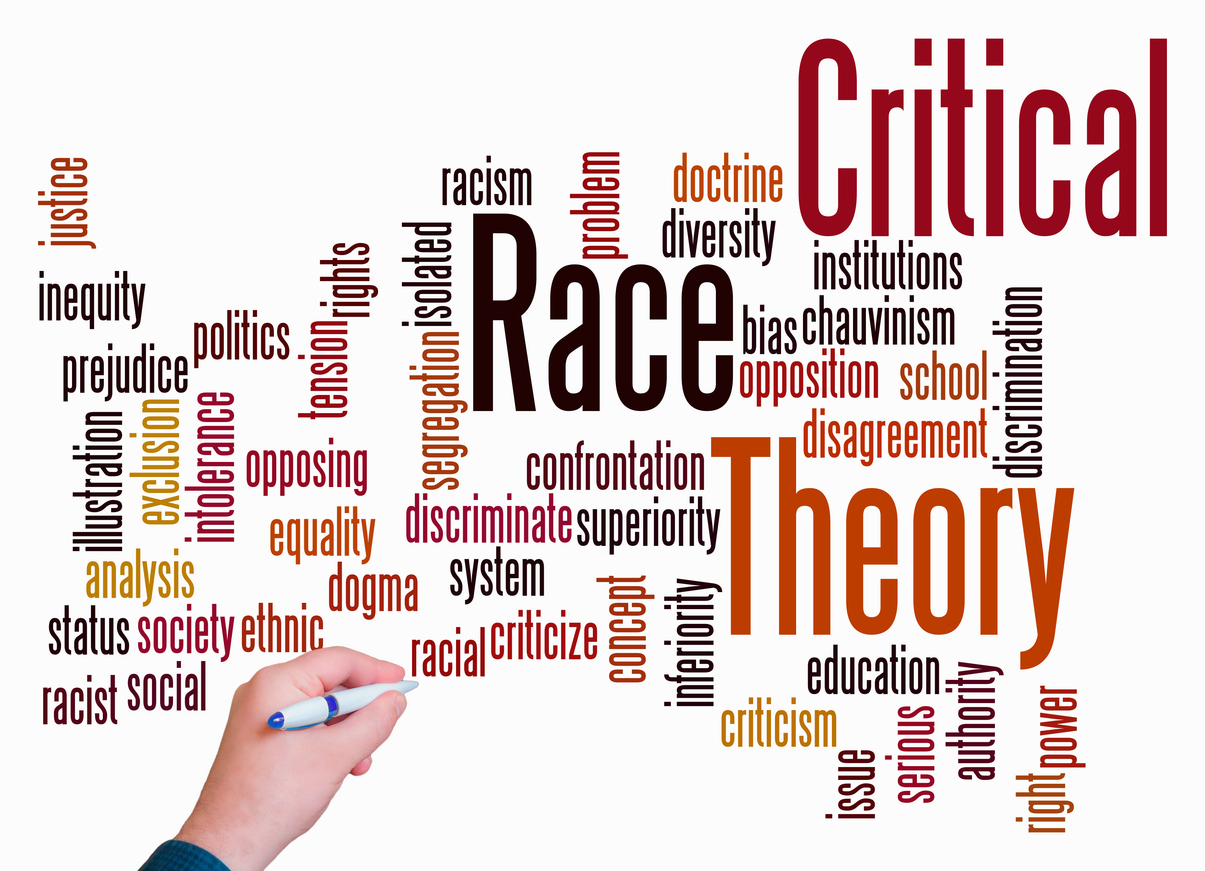
A recent report from UC Riverside and UCLA researchers claims to reveal the “staggering financial toll” of what they label as culture war conflicts in public schools. Released in October 2024, the study paints a biased and alarmist picture of school districts hemorrhaging resources due to what the researchers characterize as politically charged conflicts over race, LGBT policies and curriculum content.
Behind its façade of objectivity, the report is more ideological messaging than serious research, distracting from parents’ real educational concerns.
The study’s methodology alone raises serious red flags. Out of approximately 12,500 school superintendents nationwide, only 467 — a mere 3.7% — participated in the survey. This minuscule sample size is further compromised by obvious self-selection bias, as superintendents from districts experiencing high levels of conflict were far more likely to respond. The result is a cherry-picked dataset that artificially amplifies the appearance of crisis.
Even more telling is what the report conspicuously omits. Nowhere does it meaningfully examine whether schools have engaged in divisive and harmful practices outside the traditional and accepted scope of education. Instead of grappling with the substance of parental concerns, the report redirects attention to the supposed costs of addressing these concerns, while dismissively labeling legitimate opposition as “culture war” rhetoric.
The report’s ideological slant becomes unmistakable in its portrayal of district superintendents and educators solely as victims of ideological attacks, rather than potential contributors to and instigators of polarization. This one-sided narrative conveniently ignores the proliferation of radical ideologically driven educational policies that have sparked community pushback from expanding DEI and CRT-driven programs, to controversial and harmful gender identity policies in the classroom and in athletics.
The study’s cost estimates further strain credibility by conflating unrelated financial pressures with political conflict. Staff turnover and stress, for instance, are attributed primarily to parent protests while ignoring major contributing factors like post-pandemic burnout, increased student disciplinary issues, gender pronoun-compelled speech requirements on teachers, DEI-driven viewpoint discrimination, increased antagonism towards Christian teachers, and broader problems in our educational system in general.
But perhaps the most fundamental flaw in this report — and in the broader discourse around these issues — is the framing of parental advocacy as “culture war.” When schools promote ideas that parents consider harmful to their children, challenging those practices isn’t engaging in political theater — it’s fulfilling a moral, parental obligation. Parents who speak out against policies that ignore biological reality, undermine parental rights, compromise girls’ safety, or undermine family values aren’t soldiers in a culture war. They are good, responsible parents protecting their children’s wellbeing. And when these parents organize and engage with local advocacy organizations, they are good citizens and good members of their local communities.
Benjamin Ryan, an independent health and science reporter who contributes to The New York Times, The Guardian, NBC News and the NY Sun recently reported on academic research that further validates parents’ concerns about radical school policies. The study examined the scientific evidence behind gender transition treatments for young people — treatments that many schools actively promote while concealing from parents. The findings are sobering: the most rigorous academic review to date concludes that evidence supporting these interventions is ‘very uncertain,’ with almost all existing research suffering from weak study designs that leave results vulnerable to bias. This undermines claims by school administrators who label parents as ‘anti-science’ for questioning such policies. When the scientific foundation itself is this shaky, parents aren’t engaging in a culture war by demanding caution — they’re following the evidence.
And lest anyone think this is a partisan issue, a poll by Parents Defending Education found that a significant majority of parents, regardless of race or political affiliation, oppose the promotion of transgender ideology in schools, with 72% rejecting policies that allow schools to facilitate a child’s gender transition without parental consent and 60% opposing the inclusion of gender identity ideology in K-12 curricula.
History offers countless examples of social progress achieved through principled opposition to harmful institutional practices. Those who stood against racial segregation in schools weren’t dismissed as waging a “culture war.” Neither were advocates for child labor laws or women’s education. Today’s parents who challenge ideologically driven policies deserve the same respect and serious engagement with their concerns.
The attempt to reframe legitimate parental advocacy as mere political conflict serves a clear tactical purpose: it shifts focus from the substance of parents’ arguments to the supposed disruption caused by raising them. This rhetorical sleight of hand allows school administrators and school board members to dodge accountability while painting concerned parents as troublemakers who drain resources and harm education.
But this strategy of deflection cannot obscure a simple truth: when school policies and practices harm children, violate parental rights, or erode family strength, silence and inaction is not neutrality — it’s complicity. If defending children’s well-being and protecting basic freedoms is now considered controversial, that reveals far more about our cultural and educational institutions than it does about the parents taking a stand.
The real cost of education isn’t measured in the resources required to address parent concerns. It’s measured in the damage done when schools abandon their core educational mission in pursuit of harmful ideological goals, and in the trust destroyed when administrators dismiss legitimate concerns as mere political theater. President Trump’s executive order affirming the binary reality of biological sex is an affirmation of tens of thousands of parents’ courageous voices, but lasting change requires continued vigilance and advocacy.
So, this is a reminder. Parents who advocate for their children’s well-being aren’t waging a culture war — they’re fulfilling their most fundamental responsibility. No amount of biased research or rhetorical misdirection can change that essential truth.
Josue Sierra is the Director of Communications for the PA Family Institute, and a writer and speaker on Biblical worldview and Christian discernment in cultural engagement. He lives in the Mid-Atlantic region together with his wife and 5 kids.







